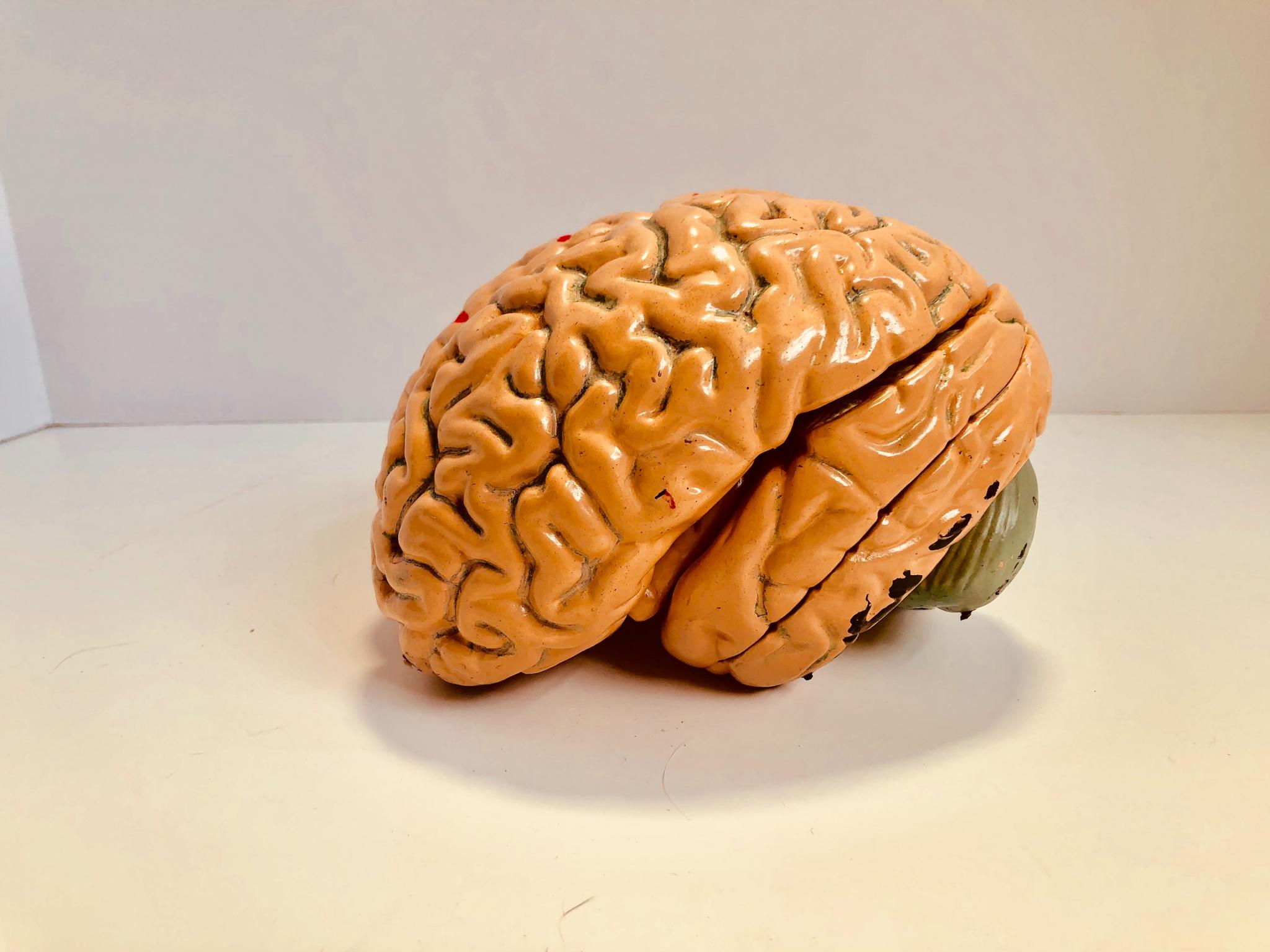
Biopharma company developing next-generation mental health treatments Bright Minds Biosciences Inc. (NASDAQ:DRUG) has closed its overnight offering for gross proceeds of approximately $4 million. The company also announced it will start dosing patients in the trial of proprietary compound of BMB-101 for Dravet Syndrome, a form of child epilepsy.
The Offering
The offering was composed of 2,858,000 units at $1.40 per unit. Each unit is equivalent to one common share in capital and one common share purchase warrant, while each warrant may be used to acquire one common share at $1.76 per warrant until August 30, 2024.
Bright Minds is set to use all the net proceeds for preclinical and clinical development activities as well as general working capital.
BMB-101 For Dravet Syndrome
The company’s portfolio of serotonin agonists is designed to target neurocircuit disorders that hinder the treatment of several conditions, including resistant epilepsy, treatment resistant depression, PTSD and pain among others, by potentially retaining the therapeutic benefits of psychedelic and other serotonergic compounds while minimizing their side effects.
To that end, Bright Minds is currently beginning to dose patients within a Phase 1 clinical trial testing its lead product, BMB-101, for the treatment of Dravet Syndrome, an epilepsy syndrome that begins in early childhood and may include a mild to severe spectrum of symptoms.
The research is being conducted in Adelaide, Australia, by CMAX Clinical Research, a clinical trial center specializing in a range of early-phase trials and first-time in-human studies. The BMB-101 compound is a next-generation 5-HT2C selective and biased agonist that has shown a significant reduction in number and intensity of epileptic seizures in predictive animal models.
In its Phase 1, the clinical trial has three randomized, placebo-controlled parts. BMB-101 will be tested for safety, tolerability and other pharmacokinetics in 76 healthy volunteers.
Bright Minds’ chief medical officer Dr. Revati Shreeniwas further detailed: "BMB-101 was designed with the aim of improving the safety profile relative to earlier medications in this class, and we are excited about the potential to deliver an improved therapeutic to address this rare and devastating disease. Based on the strength of BMB-101's preclinical data and encouraging scientific rationale of 5-HT2C agonism in the treatment of Dravet Syndrome, we are enthusiastic to advance our lead product into clinical trials."
More On Dravet Syndrome And BMB-101
Children that suffer from Dravet syndrome show focal or generalized convulsive seizures that start before 15 months of age, which are often prolonged and involve half of the body and are later accompanied by subsequent seizures that may switch to the other side of the body.
Initial seizures are frequently associated with fever, while other seizure types emerge after 12 months of age and vary. Status epilepticus —a state of continuous seizure requiring emergency medical care— may occur frequently in these children, particularly in the first five years of life.
In numbers, Dravet Syndrome affects an estimated 1 every 15,700 individuals in the U.S., out of which 80-90% have both an SCN1A mutation (which causes epileptic disorder) and a clinical diagnosis of Dravet. This represents an estimated 0.17% of all epilepsies.
Currently, there are only three FDA-approved medications for the treatment of Dravet Syndrome: Fintepla (fenfluramine), Diacomit (stiripentol) and Epidolex (cannabidiol).
As of BMB-101, it is a 5-HT2C selective and biased agonist. Serotonin (5-Hydroxytryptamine, 5-HT) is a monoamine neurotransmitter widely expressed in the central nervous system, and drugs modulating 5-HT have made a major impact in mental health disorders in issues as diverse as ingestive behavior control and modulation of behavioral effects of psychostimulants, opioids, alcohol and nicotine.
Photo by Natasha Connell on Unsplash.







